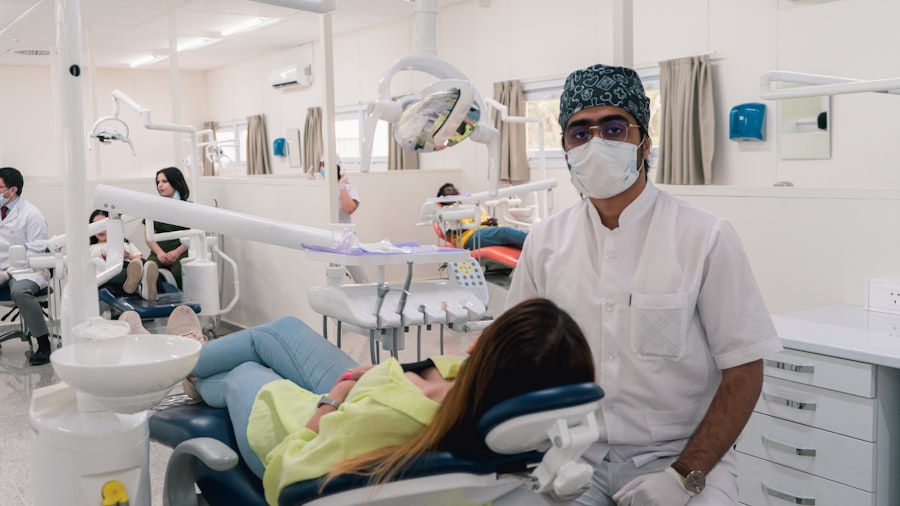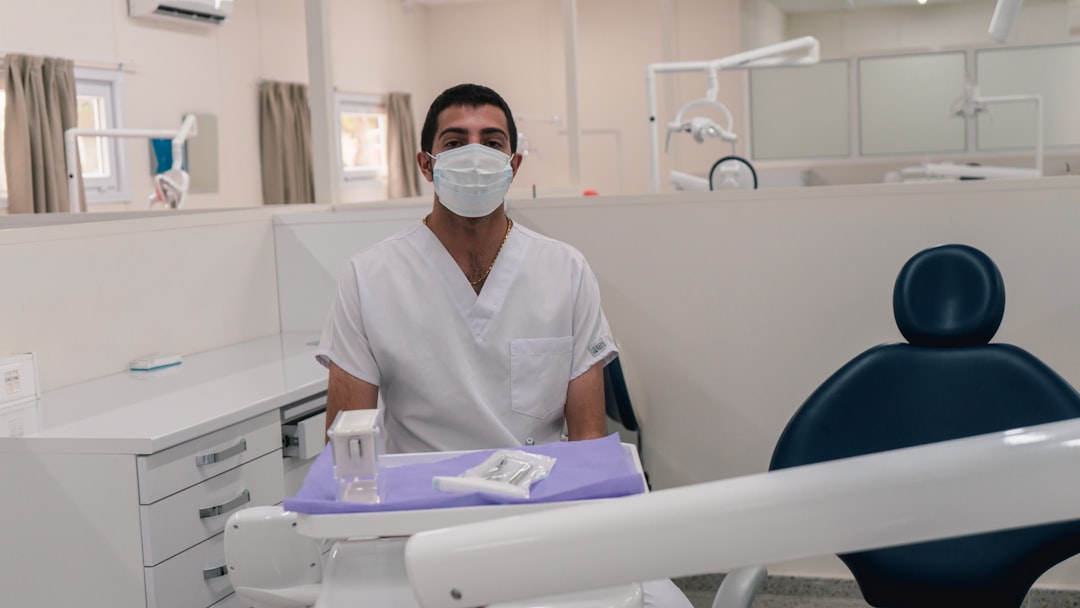The Norwegian healthcare system is renowned for its comprehensive and equitable approach to health services, ensuring that all citizens have access to necessary medical care. Funded primarily through taxation, the system operates on the principle of universal coverage, meaning that every resident, regardless of their financial situation, is entitled to receive healthcare services. This model not only promotes health equity but also fosters a sense of community responsibility, as citizens contribute to a collective fund that supports the health needs of all.
In Norway, healthcare is delivered through a combination of public and private providers, with the majority of services being offered by the public sector. The government plays a pivotal role in regulating healthcare standards and ensuring that services are accessible and of high quality. Patients typically register with a general practitioner (GP) who serves as their primary point of contact within the healthcare system.
This structure allows for continuity of care and facilitates referrals to specialists when necessary, ensuring that patients receive comprehensive treatment tailored to their individual needs. Book your 1-hour strategy session with Norway Relocation Group.
Summary
- The Norwegian healthcare system is based on universal access and is funded through taxation, providing comprehensive care for all residents.
- Accessing healthcare services for chronic illnesses in Norway involves coordination between primary care providers, specialists, and support networks.
- Building a support network is crucial for individuals with chronic illnesses in Norway, as it can provide emotional, practical, and informational support.
- Managing medications and treatment plans in Norway requires collaboration between healthcare professionals and patients to ensure adherence and effectiveness.
- Navigating the role of general practitioners in Norway involves seeking their guidance for primary care and referrals to specialised care when needed.
Accessing Healthcare Services for Chronic Illnesses
For individuals living with chronic illnesses, navigating the Norwegian healthcare system can be both a challenge and a necessity. Chronic conditions such as diabetes, asthma, and heart disease require ongoing management and regular consultations with healthcare professionals. Fortunately, the Norwegian system is designed to support patients with chronic illnesses through a variety of services, including regular check-ups, specialist consultations, and access to necessary medications.
Patients are encouraged to take an active role in managing their health by working closely with their GP and other healthcare providers. This collaborative approach not only empowers patients but also ensures that they receive tailored care that addresses their specific needs. Additionally, the Norwegian healthcare system offers various support services, such as patient education programmes and self-management resources, which can significantly enhance the quality of life for those living with chronic conditions.
Building a Support Network

Establishing a robust support network is crucial for individuals managing chronic illnesses in Norway. This network can include family members, friends, healthcare professionals, and support groups that provide emotional and practical assistance. The importance of social connections cannot be overstated; they offer encouragement, understanding, and shared experiences that can help alleviate the burden of living with a chronic condition.
In Norway, numerous organisations and community groups exist to support individuals with specific health issues. These groups often provide valuable resources, including information on managing symptoms, coping strategies, and opportunities for social interaction. By engaging with these networks, patients can gain insights from others who share similar experiences, fostering a sense of belonging and reducing feelings of isolation.
Managing Medications and Treatment Plans
Effective management of medications and treatment plans is essential for individuals with chronic illnesses. In Norway, patients are typically prescribed medications by their GP or specialist, who will also provide guidance on how to take them correctly. It is vital for patients to understand their treatment plans fully, including the purpose of each medication, potential side effects, and any necessary lifestyle adjustments.
Patients are encouraged to maintain open communication with their healthcare providers regarding their treatment plans. This dialogue allows for adjustments to be made as needed, ensuring that the patient’s health remains the primary focus. Furthermore, many pharmacies in Norway offer medication management services that can assist patients in organising their prescriptions and understanding their medication regimens better.
Navigating the Role of General Practitioners
General practitioners (GPs) play a central role in the Norwegian healthcare system, serving as the first point of contact for patients seeking medical care. They are responsible for diagnosing and treating a wide range of health issues while also providing preventive care and health education. For individuals with chronic illnesses, GPs are particularly important as they coordinate ongoing care and facilitate referrals to specialists when necessary.
Building a strong relationship with one’s GP is essential for effective healthcare management. Patients should feel comfortable discussing their concerns openly and asking questions about their treatment options. GPs in Norway are trained to take a holistic approach to patient care, considering not only the physical aspects of health but also emotional and social factors that may impact overall wellbeing.
Utilising Specialised Care and Referrals

While GPs provide comprehensive care, there are instances when specialised treatment is required. In such cases, GPs can refer patients to specialists who possess the expertise needed to address specific health concerns. The referral process in Norway is generally straightforward; however, it is essential for patients to understand how it works to ensure they receive timely care.
Specialists in Norway include a wide range of healthcare professionals such as cardiologists, endocrinologists, and physiotherapists. Each specialist brings unique knowledge and skills that can significantly enhance patient outcomes. It is crucial for patients to actively participate in their care by asking questions about their referrals and understanding what to expect during specialist consultations.
Accessing Rehabilitation and Therapy Services
Rehabilitation and therapy services are vital components of the Norwegian healthcare system, particularly for individuals recovering from surgery or managing chronic illnesses. These services encompass various forms of therapy, including physical therapy, occupational therapy, and psychological support. Accessing these services can greatly improve a patient’s quality of life by promoting recovery and enhancing functional abilities.
In Norway, rehabilitation services are often integrated into the overall healthcare framework, making them accessible to those in need. Patients typically receive referrals from their GPs or specialists to initiate therapy programmes tailored to their specific conditions. Engaging in rehabilitation not only aids physical recovery but also provides emotional support through structured programmes that encourage social interaction and personal growth.
Understanding the Role of Patient Education and Self-Management
Patient education is a cornerstone of effective healthcare management in Norway. Empowering patients with knowledge about their conditions enables them to take an active role in their treatment plans. Educational resources are widely available through healthcare providers, community organisations, and online platforms, offering valuable information on managing chronic illnesses.
Self-management is equally important; it involves patients taking responsibility for their health by adhering to treatment plans, monitoring symptoms, and making lifestyle changes as needed. In Norway, many healthcare providers offer workshops and training sessions focused on self-management techniques that equip patients with the skills necessary to navigate their health journeys successfully.
Exploring Alternative and Complementary Therapies
In addition to conventional medical treatments, many individuals in Norway explore alternative and complementary therapies as part of their healthcare regimen. These therapies may include acupuncture, herbal medicine, or mindfulness practices such as yoga and meditation. While these approaches can provide additional support for managing chronic illnesses, it is essential for patients to discuss them with their healthcare providers before incorporating them into their treatment plans.
The Norwegian healthcare system acknowledges the growing interest in alternative therapies and encourages open dialogue between patients and providers regarding these options. By fostering an environment where patients feel comfortable discussing all aspects of their health, including alternative treatments, healthcare professionals can help ensure that patients receive holistic care that addresses both physical and emotional wellbeing.
Addressing Mental Health and Wellbeing
Mental health is an integral aspect of overall health that cannot be overlooked in the context of chronic illness management. In Norway, there is a growing recognition of the importance of mental wellbeing alongside physical health. Patients living with chronic conditions often experience emotional challenges such as anxiety or depression; therefore, addressing these issues is crucial for comprehensive care.
The Norwegian healthcare system provides various mental health services ranging from counselling to psychiatric support. Patients are encouraged to seek help when needed and can access these services through their GPs or mental health professionals. By prioritising mental health alongside physical health, individuals can achieve a more balanced approach to managing their chronic illnesses.
Advocating for Policy Changes and Supportive Services
Advocacy plays a significant role in shaping the future of healthcare services in Norway. Individuals living with chronic illnesses can contribute to policy changes by voicing their experiences and needs within the healthcare system. Engaging with advocacy groups or participating in public forums allows patients to influence decisions that affect their care and access to services.
Moreover, supportive services such as financial assistance programmes or community resources can significantly enhance the quality of life for those managing chronic conditions. By advocating for these services at local and national levels, individuals can help ensure that future generations have access to comprehensive healthcare that meets their diverse needs. In conclusion, navigating the Norwegian healthcare system requires understanding its structure and utilising available resources effectively.
For those living with chronic illnesses, building a strong support network, managing medications diligently, and engaging in self-management practices are essential steps towards achieving optimal health outcomes. Furthermore, exploring educational opportunities can empower patients while advocating for policy changes ensures that the system continues to evolve in ways that benefit all citizens. As part of this journey towards better health management, learning the Norwegian language can significantly enhance communication with healthcare providers and foster deeper connections within support networks.
The NLS Norwegian Language School offers tailored courses designed specifically for those looking to improve their language skills in a medical context. By enrolling in these courses, individuals can gain confidence in navigating the healthcare system while also enriching their overall experience living in Norway.
Speak Norwegian with confidence. Enroll in a class at the NLS Norwegian Language School now.

